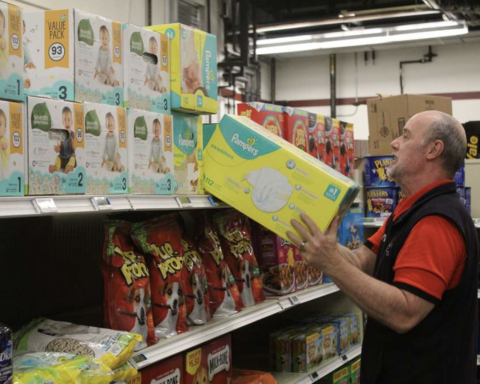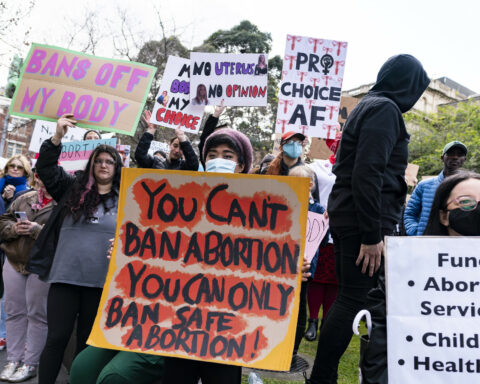Lawmakers in Massachusetts passed some of the nation’s most generous tax credits – and now, help is available to make sure families can take advantage of them.
The Volunteer Income Tax Assistance program helps more than 30,000 low-income families at 80 different sites across the Commonwealth.
Ancel Tejada, financial empowerment program manager with MASSCAP – a coalition of community action agencies – said the credits helped his parents buy his first computer.
“As a young child, you don’t understand all these things, but you knew your parents were going to be able to do something because of this money that was coming in,” said Tejada. “That’s the impact that we have on a daily basis during tax season for all of our clients.”
Tejada said VITA volunteers help families prepare and file their taxes, and connect them to other state services if needed.
He said expanded tax credits are putting cash back into wage-earners’ pockets to pay for rent or food, or save for the future.
Critics of the credits attack them as a wasteful giveaway.
Massachusetts lawmakers expanded the state’s Earned Income Tax Credit from 30% to 40% – a significant boost for people earning under $60,000.
The Child and Dependent Tax Credit was nearly doubled to $310, and will grow to $440 next year, while erasing the cap on dependents.
State Rep. Rodney Elliott – D- Middlesex – said the tax-assistance program is helping those families hit hardest by inflation.
“You know, the law’s no good unless those that need it can benefit from it,” said Elliott. “So, this is as important an aspect of ensuring benefits to those that need it as the legislation that we pass.”
The expanded Earned Income Tax Credit helped cut childhood poverty in half during the pandemic.
Studies show the EITC and other tax credits improve the health of mothers and infants, educational outcomes for children and future earnings of parents.
Tax-prep volunteers say up to 20% of families who qualify for these refunds don’t access them – making their work even more important.









